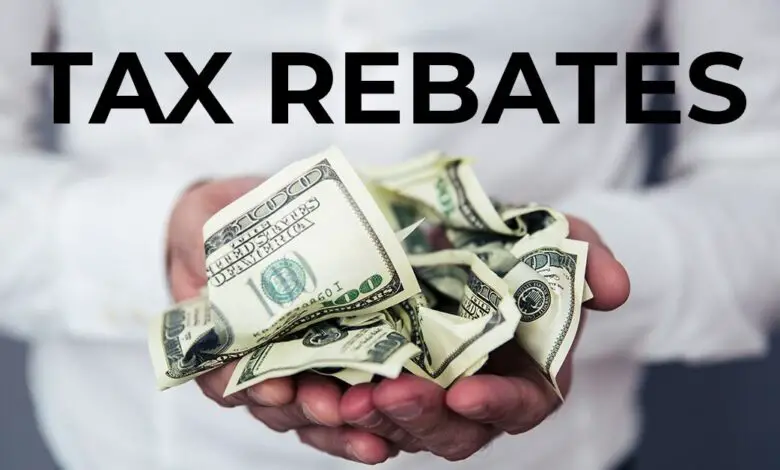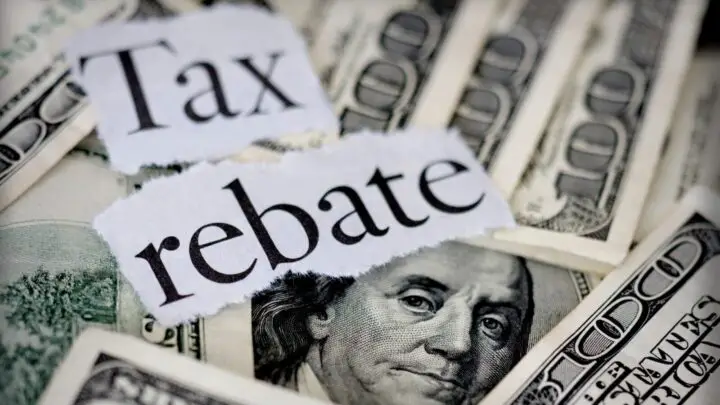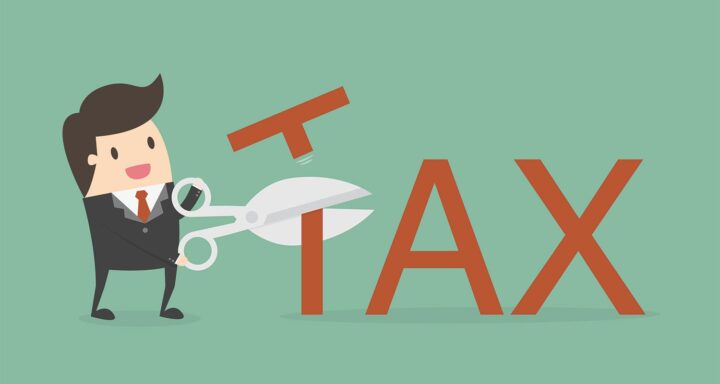Tax Rebate Explained: What It Truly Means for Your Money

A tax rebate is essentially a refund from the government when you’ve paid more in taxes than what you owe. This overpayment can happen for various reasons, such as when too much is deducted from your salary through the PAYE system, or when you stop working and don’t use up your full personal allowance.
In the UK, understanding a rebate is crucial as it impacts your personal finances. It’s a process that ensures you reclaim funds that are rightfully yours, often resulting from a miscalculation or change in your financial situation.
How Tax Rebates Work

Tax rebates function through a relatively straightforward process. If you’ve paid more than your actual liability, the HM Revenue and Customs (HMRC) is responsible for issuing a rebate. Overpayments often arise due to issues like incorrect tax codes or emergency payments exceeding your due.
HMRC assesses your financial records, calculates the difference between what you’ve paid and what you owe, and refunds the excess. While this process is automatic for many taxpayers, others might need to take additional steps to claim their refund, especially if discrepancies in their records are identified.
Who Qualifies for It
In the UK, eligibility for a tax rebate is not universal and depends on specific circumstances. Individuals who overpaid through the PAYE system or those who have not utilized their full personal allowance are prime candidates.
This situation often arises for employees who switch jobs during the year, retirees, or those under emergency fiscal codes. Additionally, if you have incurred work-related expenses that are not reimbursed by your employer, such as uniforms or tools for your job, you may be eligible to claim a rebate. Understanding these qualifiers is essential to determine if you can receive a refund.
Benefits
Receiving a tax rebate offers several benefits which you’ll hear from any tax rebate specialists UK. Primarily, it rectifies any imbalance in your finances caused by overpaying your obligations, thus restoring fairness. This extra cash flow can be significant, especially for those managing tight budgets.
A rebate can also provide an unexpected financial boost, allowing you to pay off debts, save, or invest. Furthermore, understanding your eligibility for a refund makes you more aware of your financial rights and responsibilities, encouraging better financial management and planning for the future.
Common Reasons for Getting a Refund

There are several common reasons why individuals in the UK might receive a rebate. These include being placed on an incorrect tax code, not using up your personal allowance, overpayment of emergency tax, or stopping work part-way through the fiscal year.
Other reasons might include having multiple jobs, changes in your work circumstances, or incurring work-related expenses that are eligible for a fiscal relief. Knowing these common triggers can help you identify if you might be due for a refund.
How to Apply for One
Applying for a refund in the UK typically involves a few steps. First, you need to identify why you believe you’ve overpaid taxes. Gather relevant documents such as P60s, P45s, or receipts for work-related expenses. You can then apply online through the HMRC website or send a paper claim. In some cases, HMRC automatically recalculates your obligations for the year and sends a P800 calculation, which tells you if you’re due a refund. However, for specific claims, such as work-related expenses, you’ll need to apply directly.
When Can You Expect Your Tax Rebate?
The timeframe for receiving your tax refund in the UK varies. If HMRC automatically recalculates your obligations at the end of the financial year and you’re due a rebate, you can expect to receive it by September. If you’re making a claim, processing times can differ.
Typically, it takes about five weeks for online claims and up to six weeks for postal claims. However, complex cases might take longer. It’s important to provide accurate information to avoid delays.
How Rebates Affect Your Finances
Tax rebates can significantly impact your personal finances. A rebate is essentially a correction, ensuring that you only pay the amount of money that is due. When you receive a refund, it can provide a welcome boost to your financial situation, allowing you to manage debts, save, or invest more effectively.
However, it’s important not to rely on refunds as a regular part of your financial planning. They are corrections, not regular income, and should be treated as such.
Tax Rebates vs. Tax Deductions: Understanding the Difference

It’s important to distinguish between rebates and deductions. A tax rebate is a refund on taxes already paid when you’ve overpaid. In contrast, a deduction reduces your taxable income, thereby lowering your overall liability before you pay your obligations.
Both can result in you paying less obligations, but they operate at different stages of the calculation process. Understanding this difference is key to managing your taxes effectively.
Are Tax Rebates Taxable Income?
In the UK, rebates are generally not considered taxable income. The refund is a return of funds that were incorrectly paid as tax; it is not income earned from work or other taxable sources. Therefore, receiving a refund does not increase your liability. It’s simply the government returning what was overpaid, ensuring you pay the correct amount of tax for your income.
Tips for Maximizing Your Tax Rebate
To maximize your rebate, ensure you’re on the correct tax code and keep track of any tax-deductible expenses. Regularly reviewing your tax code can prevent overpayments. Keeping records of work-related expenses eligible for a relief, such as professional subscriptions or tools for your job, can increase your refund.
It’s also wise to file for returns accurately and on time, and to understand your entitlements, such as allowances and reliefs, to ensure you’re not overpaying.
What to Do if You Don’t Receive Your Expected Tax Rebate
If you don’t receive an expected rebate, first review your tax calculation or contact HMRC for clarification. Mistakes can occur, and it’s essential to ensure all your income and deductions have been correctly reported. If you still believe you’re owed a rebate, you can formally dispute the calculation with HMRC.
Keep detailed records and provide all necessary documentation to support your claim. Remember, seeking advice from a financial professional can also be beneficial in resolving such issues.
